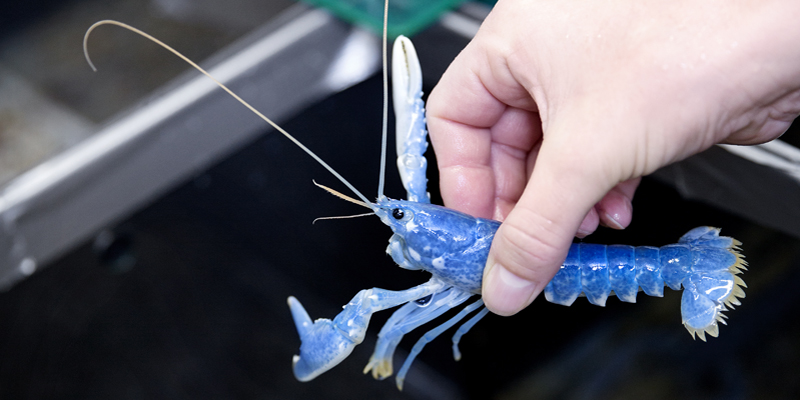Aquaculture
Ocean Resources
Ocean Resources
Ocean Resources

Ocean Resources
Specialization in MSOCEAN:
Aquaculture
- Sea based aquaculture
- Recycling aquaculture and juvenile production
- Environment, welfare and health
- Aquaculture system design
- Enabling technologies for aquaculture
The specialization in Aquaculture involves aquaculture system-oriented activities of Sea based aquaculture, recycling aquaculture and juvenile production. Environment, welfare and health, Aquaculture system design and Enabling technologies for aquaculture are interacting focus areas relevant for all aquaculture systems. Students will get a broad knowledge of the systems and research topics in master projects and in lectures given in the master programme.
Research in sea-based aquaculture involves both biological and technological aspects on salmon and seaweed farming. Seaweed research involves seed production and biological aspects of seaweed farming in the sea. Technological challenges of seaweed farming are an upcoming aspect. The salmon industry undergoes a change towards expansion of production to more exposed locations, which implies an increase in scale, new Industry 4.0 adapted farming technology, environmental interactions and monitoring, and challenges in fish welfare and health.
Salmon lice is a major challenge for salmon producers and society, and lice biology, ecology and genetics along with production of juvenile cleaner fish for mitigation of the salmon lice problem in the salmon industry are among the main focuses of student research projects. Other research fields are live feed production, fish larval morphology and development, physiology and metabolism, of aquatic animals, lipid metabolism and first feeding using live zooplankton.
The use of water recycling technology for “recycling aquaculture systems” (RAS) has recently become the main production system for juvenile salmon and marine species. The interdisciplinary research community at NTNU covers technological challenges of RAS along with advanced microbial and biological issues of water treatment and cultured fish.
All partner departments offers the specialization Aquaculture, and MSc students in all partner departments have the option of undertaking their MSc project in cooperation with a world leading salmon aquaculture industry and other actors in the field.
NTNU has established a collaboration with Technical University of Denmark (DTU) which has formed the specific master program Sustainable Aquaculture. At NTNU this is organized in the specialization Aquaculture. The program consists mostly of compulsory subjects, some which are also relevant for the other specializations offered in MSOCEAN. Students who are admitted to NTNU and choose specialization Aquaculture, can then choose to take their second year and the master's thesis (30 SP) at DTU, see table here. Students admitted to Aquaculture at DTU can enroll in the program and take the second year at NTNU.
Students admitted to MSOCEAN aiming for Sustainable Aquaculture need to apply for admission at the Faculty of Natural Science and make plans for their study plan early. These students are advised to contact Study advisers at Department of Biology during their first semester.
